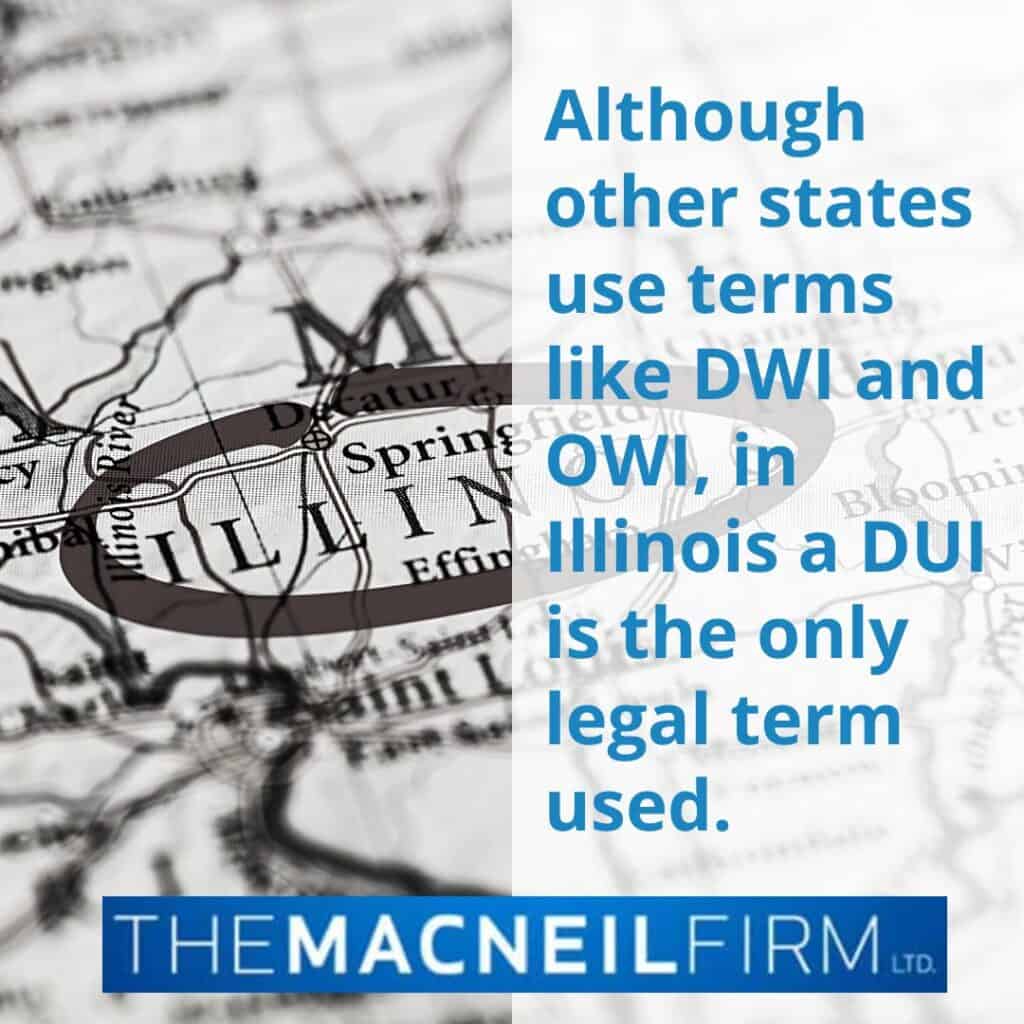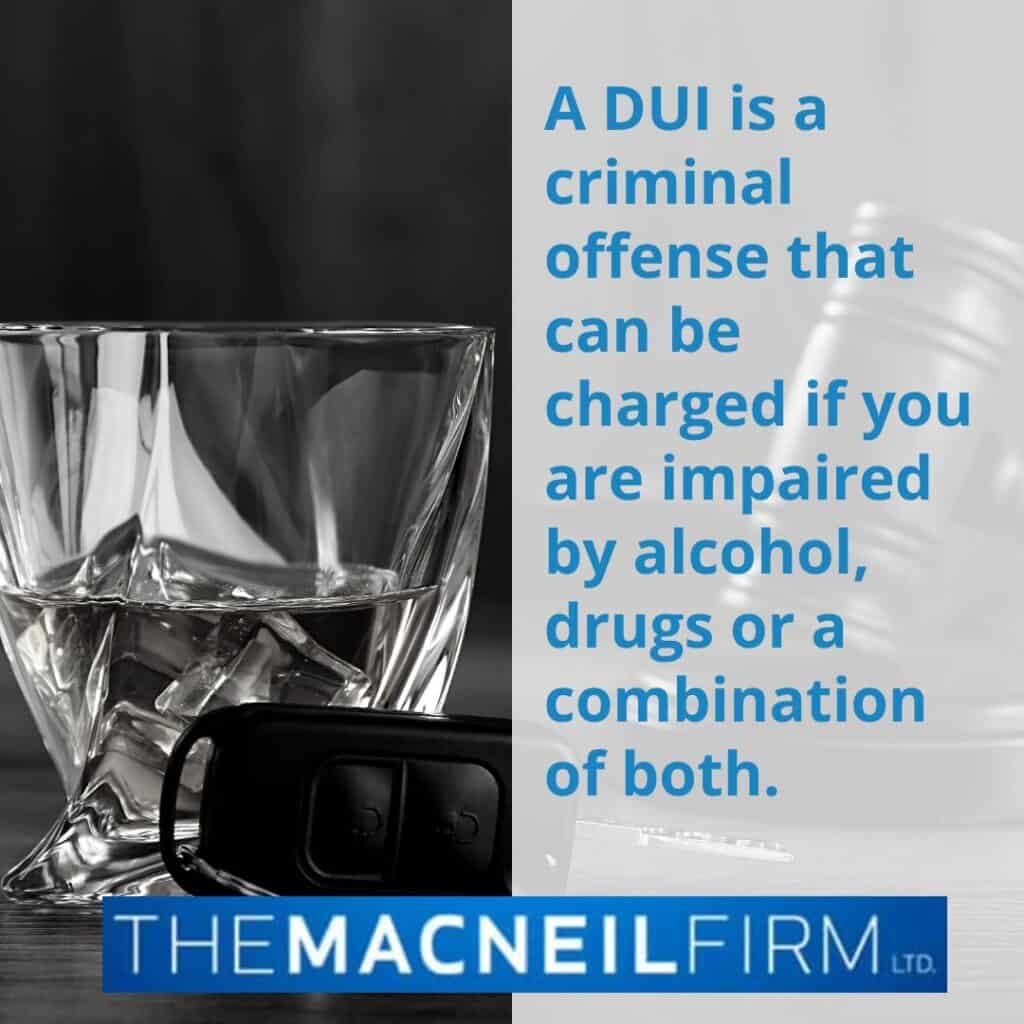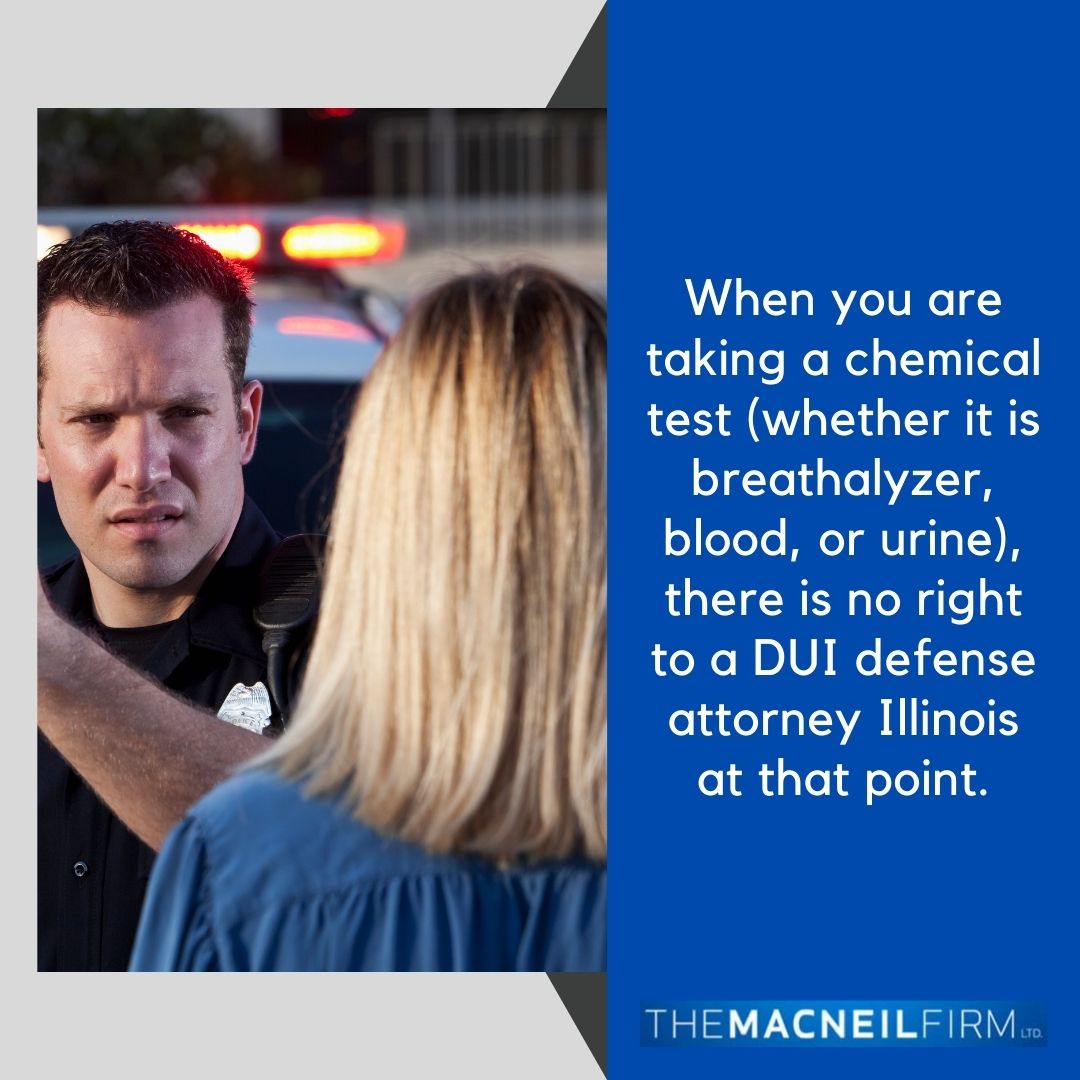DUI, DWI and OWI all mean the same thing: driving under the influence. In some states there are legal differences between each of those designations. In Illinois, DUI is the only legal term that is used. If you have been charged, contact our DUI Lawyer Homewood Illinois for a consultation at (708) 218-0947 or (708) 218-0947.
Although people use different acronyms explaining the circumstances of the arrest in other states, Illinois does not make a distinction and calls intoxication DUI, driving under the influence. It doesn’t matter if you were under the influence of drugs or alcohol.
What is a DUI?
A DUI is a criminal offense that can be charged if you are impaired by alcohol, drugs or a combination of both.
The first thing to know about DUIs is that they’re not just limited to driving under the influence of alcohol. In fact, Illinois has laws against driving while intoxicated from drugs and alcohol.
Section 11-501 of the Illinois vehicle code statute says a person can be guilty of DUI in seven ways, prohibiting a person from driving while:
- The BAC is .08% or higher (Note – it is possible to be charged with a DUI if you BAC is lower, but your driving was impaired)
- Under the influence of drugs that renders you incapable of driving safely. For marijuana if there is 5 nanograms or more of THC per ml in their blood test or 10 nanograms or higher of THC per ml of any other bodily substance, it is considered a DUI.
Regardless of whether you are facing a felony or a misdemeanor a DUI charge is quite serious. A DUI charge should be treated with seriousness as soon as the police pull you over or take you in. Contact a DUI Lawyer Homewood Illinois to help you with your DUI charge.
DWI and OWI
In some states, DWI is a lesser offense relative to DUI. However, your Illinois driver’s license will be suspended for a minimum of one year if you are convicted of a DUI or a “similar offense” in another state. Even if the other state considers DWI to be a lesser offense, it will still be treated as a DUI for the purpose of your Illinois driver’s license.
An Aggravated DWI is when the circumstances surrounding the arrest warrant the charge to be upgraded from a misdemeanor to a felony, carrying harsher punishments. In Illinois, there are 11 aggravating factors that can make a DUI a felony.
Some states treat OWI as a greater offense than DUI or DWI. However, Illinois does not make a distinction between OWI and DUI. Like a DWI, a conviction for an OWI in another state will be treated in Illinois as a conviction for a “DUI or similar offense” and will carry a minimum penalty of a one-year suspension of your driver’s license.
If you’re facing charges, our DUI Lawyer Homewood Illinois can help
If you have been charged with a DUI in Illinois, it’s critical to understand what your options are. You may be able to fight the charges and avoid a conviction that could negatively impact your life. There are many different types of DUI charges, and each one carries its own set of penalties. Our team understands the intricacies of Illinois law and the penalties you could be facing. We have the experience to negotiate or litigate on your behalf.




